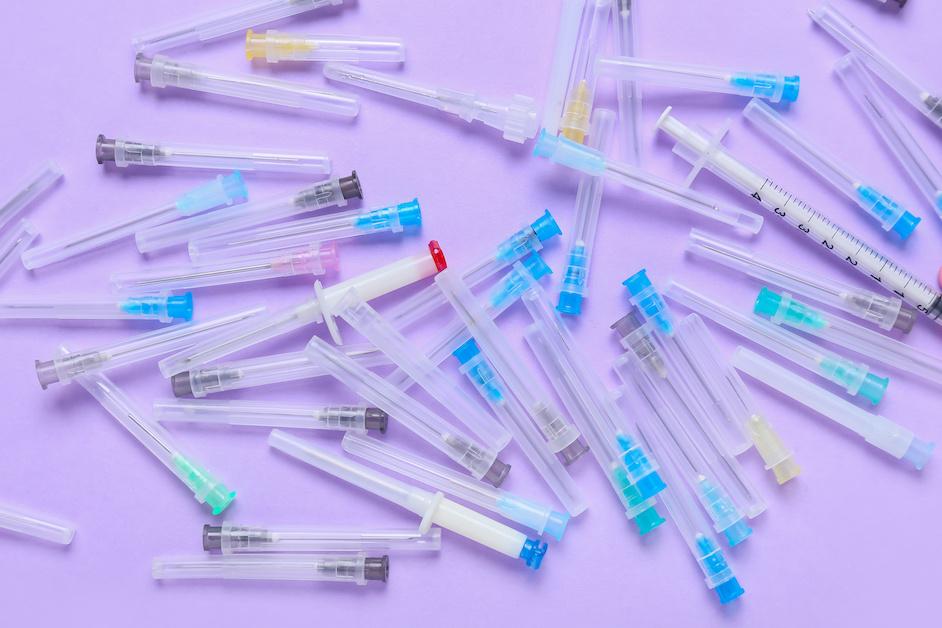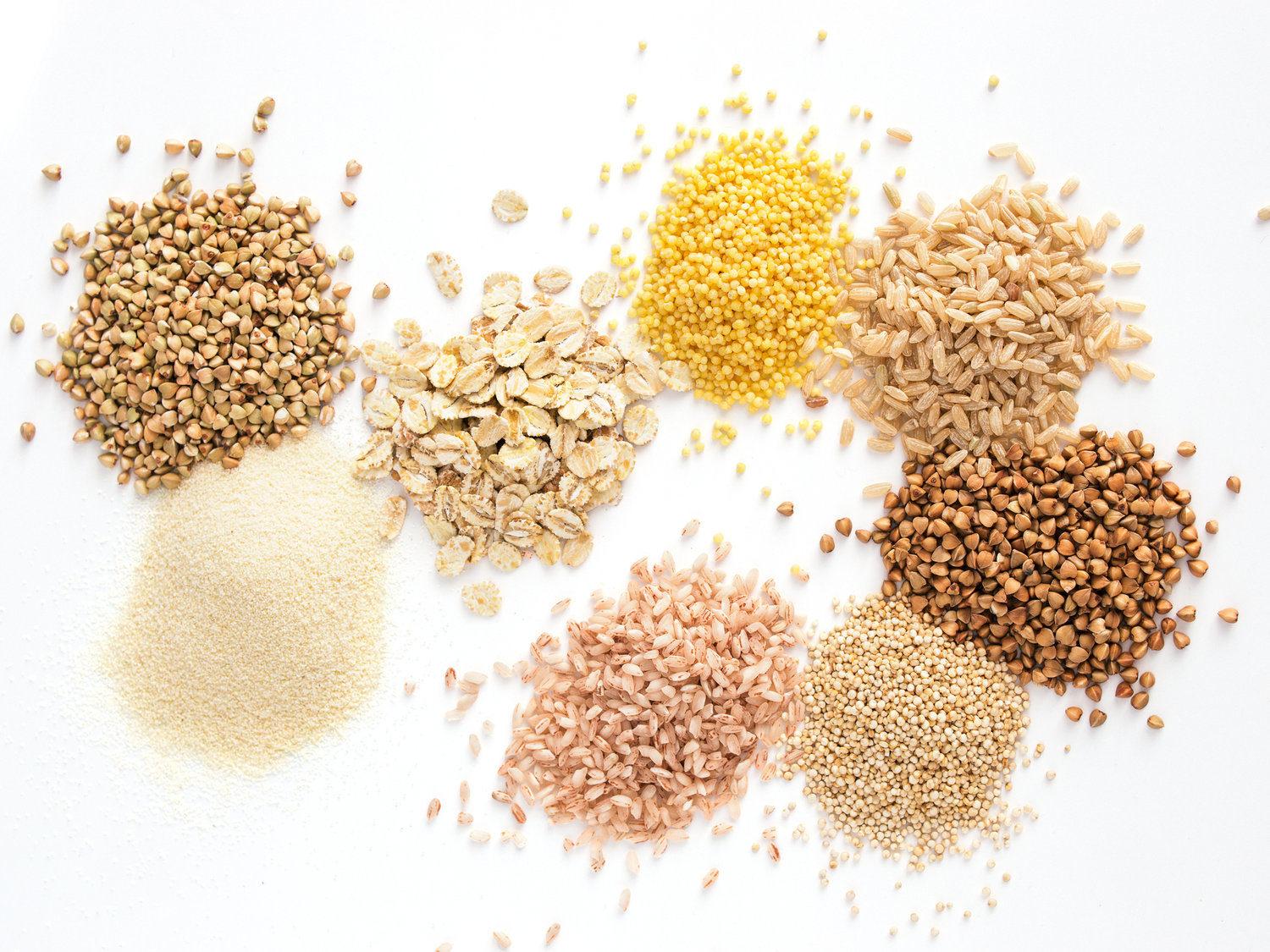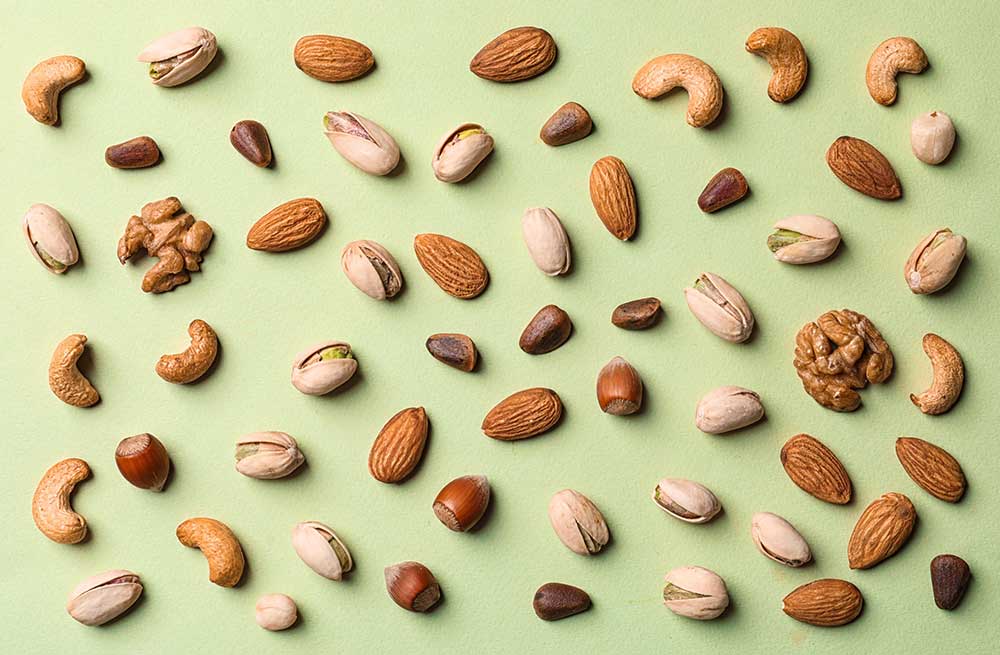GLP-1 medications have gained popularity recently for their role in weight loss and improving outcomes for chronic conditions. These medications reduce hunger, cravings, and “food noise”, often leading to calorie reduction.
As food intake decreases, the quality of nutrients matters more than ever. Patients on GLP-1 medications need to obtain essential nutrients in fewer calories, to support muscle health, energy, and overall well-being. That’s where Registered Dietitians play a critical role: helping patients choose nutrient-dense foods, create balanced meals, and manage side effects.
How GLP-1s Affect Appetite and Digestion
GLP-1 medications change the way you eat by:
- Delaying gastric emptying → you feel full longer
- Reducing appetite and cravings → smaller portions feel satisfying
- Causing side effects such as nausea, reflux, or constipation
Because of this, you’ll often need to adjust your existing eating habits. Try:
- Smaller, more frequent meals instead of large portions
- Choosing nutrient-dense foods over “empty calories”
- Avoiding foods that worsen nausea, reflux, or diarrhea
What to Eat on GLP-1s
Emphasizing protein and fiber on GLP-1 medication is absolutely crucial.
Focus on foods that are high in protein, rich in fiber, and easy to digest, like:
- Protein (for muscle mass & satiety): Chicken, fish, turkey, eggs, Greek yogurt, tofu, tempeh, edamame, protein powders
- Fiber (for gut health & fullness): Lentils, chickpeas, black beans, oats, quinoa, chia seeds, ground flax, berries, apples, sweet potatoes, leafy greens
- Healthy fats (for hormone balance & energy): Avocado, olive oil, nuts, seeds, fatty fish (salmon, sardines)
- Hydrating foods: Soups, smoothies, cucumbers, citrus, melon
Tip: Pair protein + fiber at each meal to stay fuller longer and reduce blood sugar swings.
Additionally, it’s advised to eat smaller, more frequent meals to alleviate nausea and maintain energy levels.
Foods to Limit or Avoid on GLP-1s
Some foods can worsen side effects or crowd out more nutrient-dense options. Limit or avoid:
- Greasy, fried, or very fatty foods (burgers, fries, creamy sauces) → these can worsen nausea and reflux
- Excess added sugar (soda, candy, pastries) → These spike blood sugar, and add calories without any nutrients
- Large portions of red meat or processed meat → These are harder to digest, higher in fat
- Heavy alcohol → This increases nausea, interferes with blood sugar control
- Carbonated beverages → These may worsen bloating or reflux
- Artificial sweeteners (for some) → Can trigger diarrhea or GI upset
Meal and Snack Ideas from Our RDs
Breakfast
- Greek yogurt + berries + chia seeds
- Vegetable omelet + avocado + whole-grain toast
- Overnight oats with protein powder, nut butter, and flax seeds
Lunch
- Grilled chicken + quinoa bowl with roasted veggies + tahini
- Lentil soup with side salad + olive oil dressing
- Salmon salad with leafy greens + sweet potato
Dinner
- Baked cod with steamed broccoli + mashed sweet potato
- Turkey chili with beans + avocado slices
- Tofu stir-fry with brown rice + sesame seeds
Snacks
- Apple slices with almond butter
- Edamame or roasted chickpeas
- Cottage cheese (or lactose-free option) + pineapple
- Protein shake blended with spinach and berries
- Hummus with carrots or cucumber
FAQ
Can I eat carbs while on Ozempic or Wegovy?
Yes, but prioritize high-fiber carbs like lentils, beans, oats, or sweet potatoes. These support digestion, fullness, and blood sugar balance.
What foods help reduce nausea on GLP-1s?
Start with bland, low-fat meals like rice, toast, bananas, or broth. Avoid fried or greasy and spicy foods.
Do I need to eat differently if I’m losing too much weight on GLP-1s?
Yes! A dietitian can help you add higher-calorie, nutrient-rich meals and snacks (e.g. smoothies with protein, nut butters, and oats) to maintain muscle mass and energy levels.
What happens if I eat too much fat while on a GLP-1?
You may experience nausea, reflux, or bloating. Stick to moderate-fat meals and choose unsaturated fats like olive oil, nuts, and avocado to reduce side effects.
How a Dietitian Can Help
Working with a Registered Dietitian can make a big difference on GLP-1 medications by:
- Helping you manage or reduce common side effects such as nausea, constipation, and fatigue with personalized food and lifestyle strategies
- Preventing muscle loss with protein optimization and strength-nutrition planning
- Promoting long-term success by building sustainable, enjoyable eating habits, not just “dieting”
If you’re looking for tailored support to maximize the benefits of your GLP-1 journey or weight loss plan, or just want to develop sustainable strategies for healthy eating, book an appointment with a Culina Health Registered Dietitian today!





